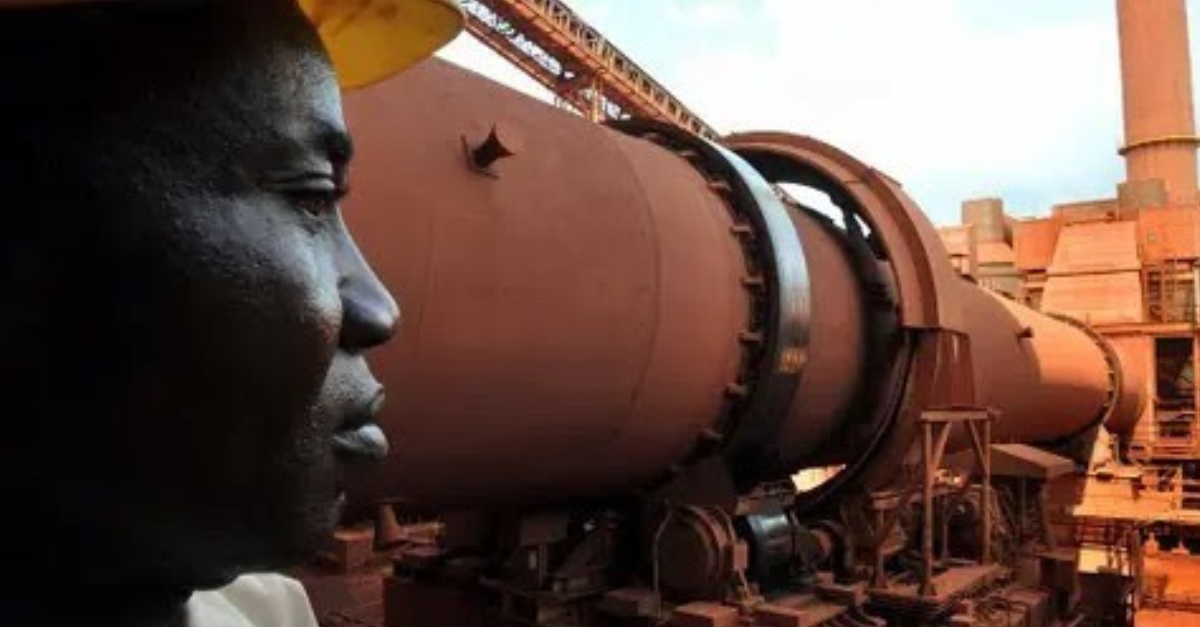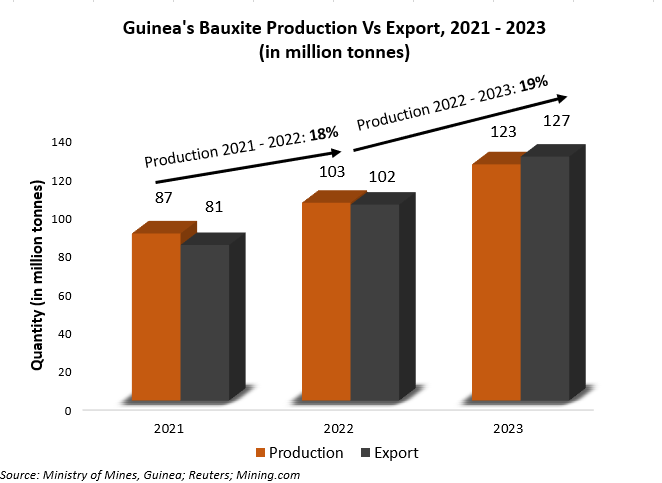您想继续阅读英文文章还
是切换到中文?
是切换到中文?

THINK ALUMINIUM THINK AL CIRCLE

On November 12, 2024, the Forces Vives coalition of Guinean opposition groups, civil society organisations, and activists called for establishing civilian rule by January 1, 2025.

The junta, which came to power through a coup in 2021, had initially proposed a two-year transition to elections, starting in 2022, following negotiations with the Economic Community of West African States (ECOWAS). However, there needs to be more progress toward organising the elections, fuelling growing public frustration.
Since taking office, the military leader Mamady Doumbouya has faced sporadic protests against the authorities, with some escalating into deadly clashes between demonstrators and security forces.
In July 2024, Guinea's transitional authorities unveiled a draft of a new constitution, which could pave the way for Doumbouya to run in the upcoming presidential election. However, no date has been set for the promised referendum on the constitution, which is expected to be a prerequisite for any election.
The group said in a statement, "Faced with this gloomy picture, the Forces Vives of Guinea solemnly call for unity of action and the mobilisation of all the nation's living forces, both civilian and military, to demand the departure of the junta and the establishment of a civilian transition by January 1."
Bauxite miners watch closely as the situation develops
In 2023, the Republic of Guinea emerged as the world's largest producer of bauxite and solidified its position as the leading exporter of the mineral globally.

Guinea's bauxite production has been growing incrementally over the past few years. In 2021, its bauxite production and exports were 87 million tonnes and 81 million tonnes, respectively, which rose to 103 million tonnes and 102 million tonnes in the subsequent year.
It is to be observed that until 2022, Guinea's bauxite exports were below the output volume, unlike in 2023. This suggests that Guinea possessed bauxite reserves available for export and points to a global recovery in demand in 2023.
The recent disruptions in bauxite exports from Guinea are considered one of the significant reasons for the rise in global alumina prices. International bauxite miners operating in West Africa closely monitor the evolving political landscape, given its potential impact on supply chains.
Image credit: Times of Africa
Information credit: Reuters
Responses








